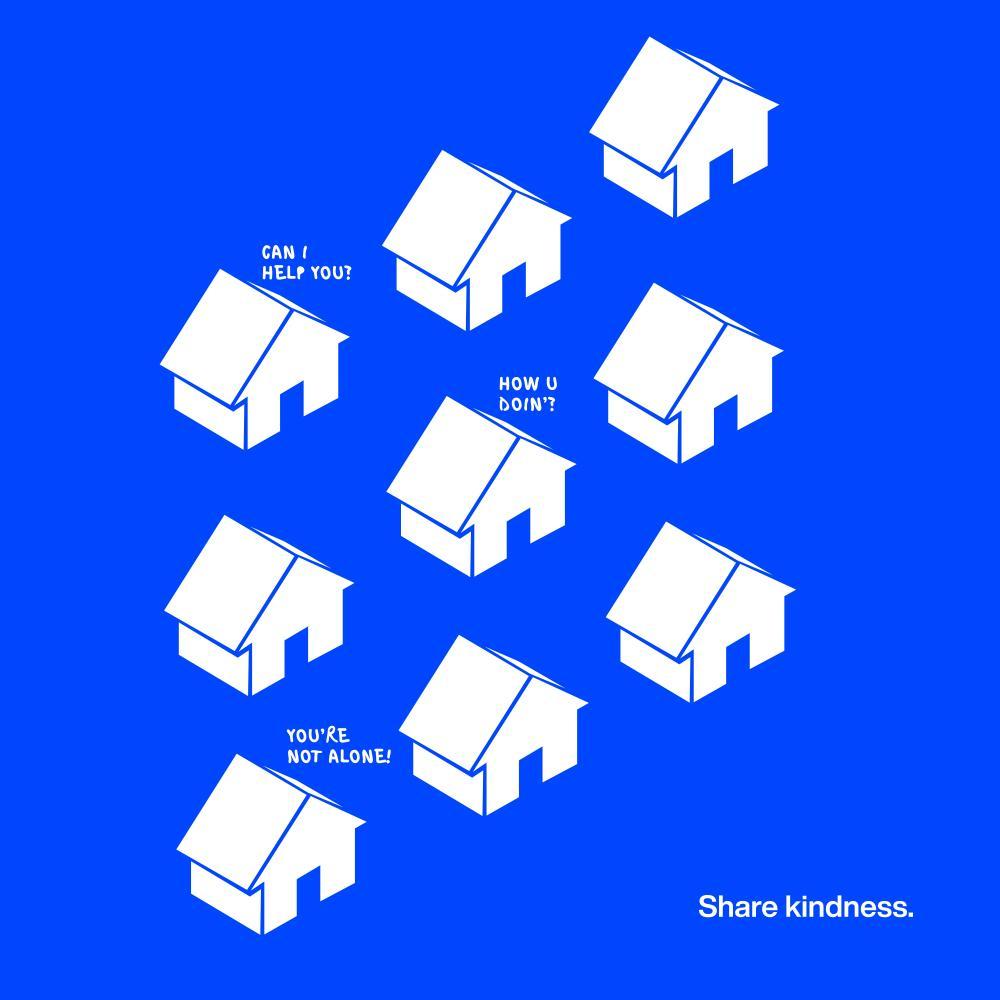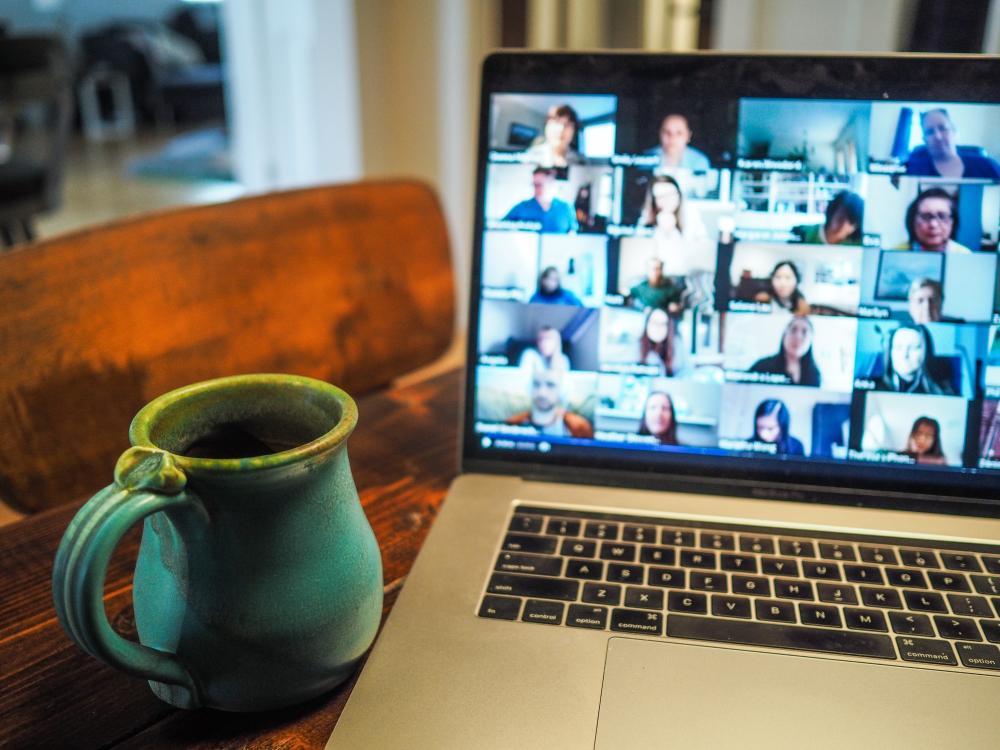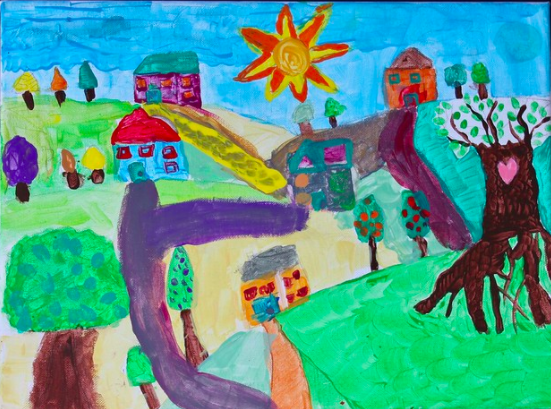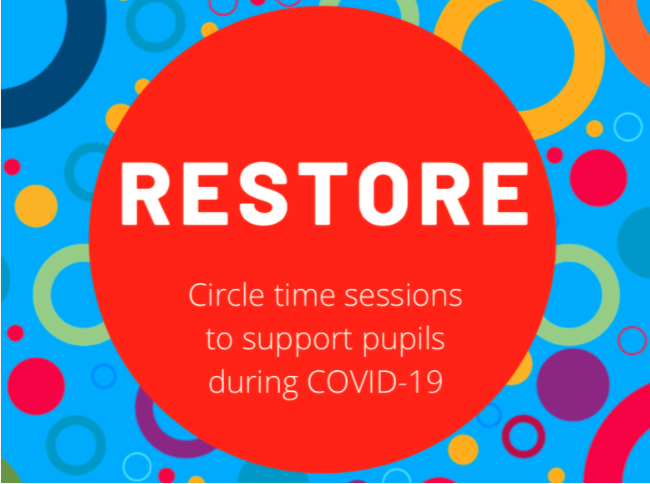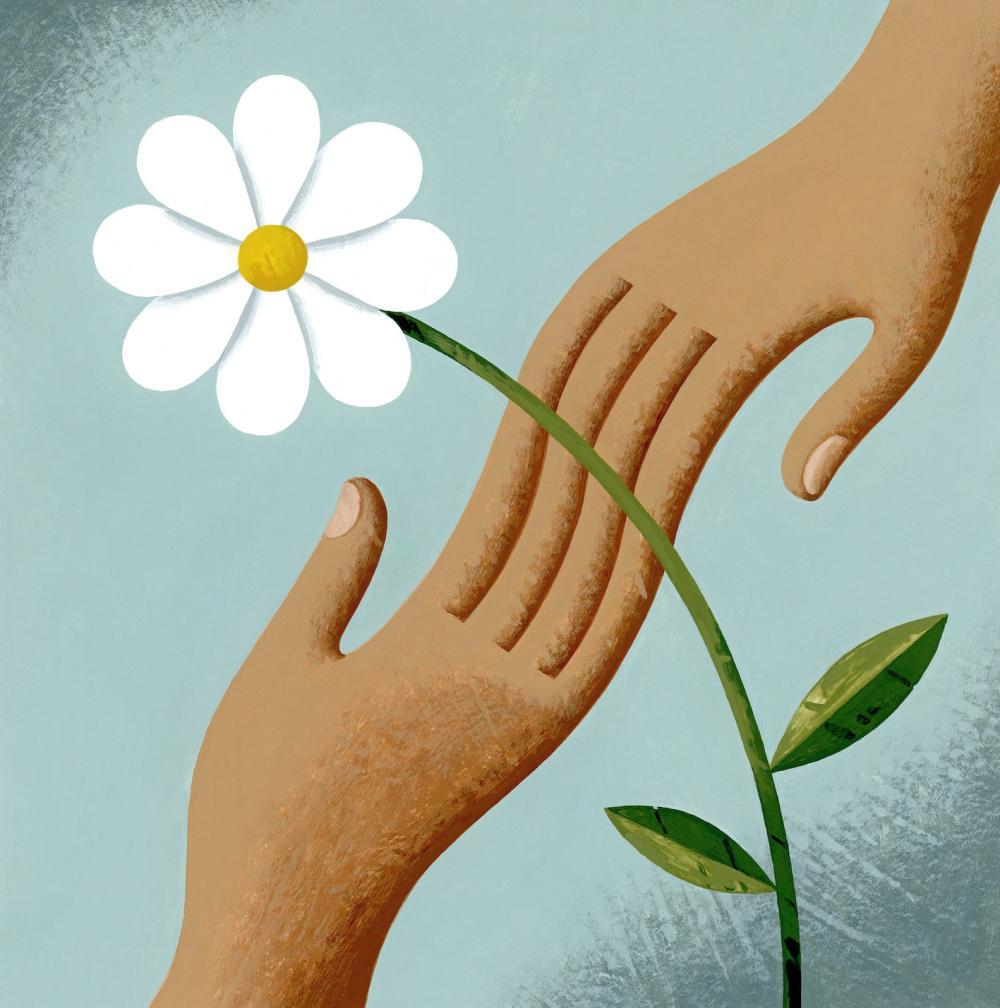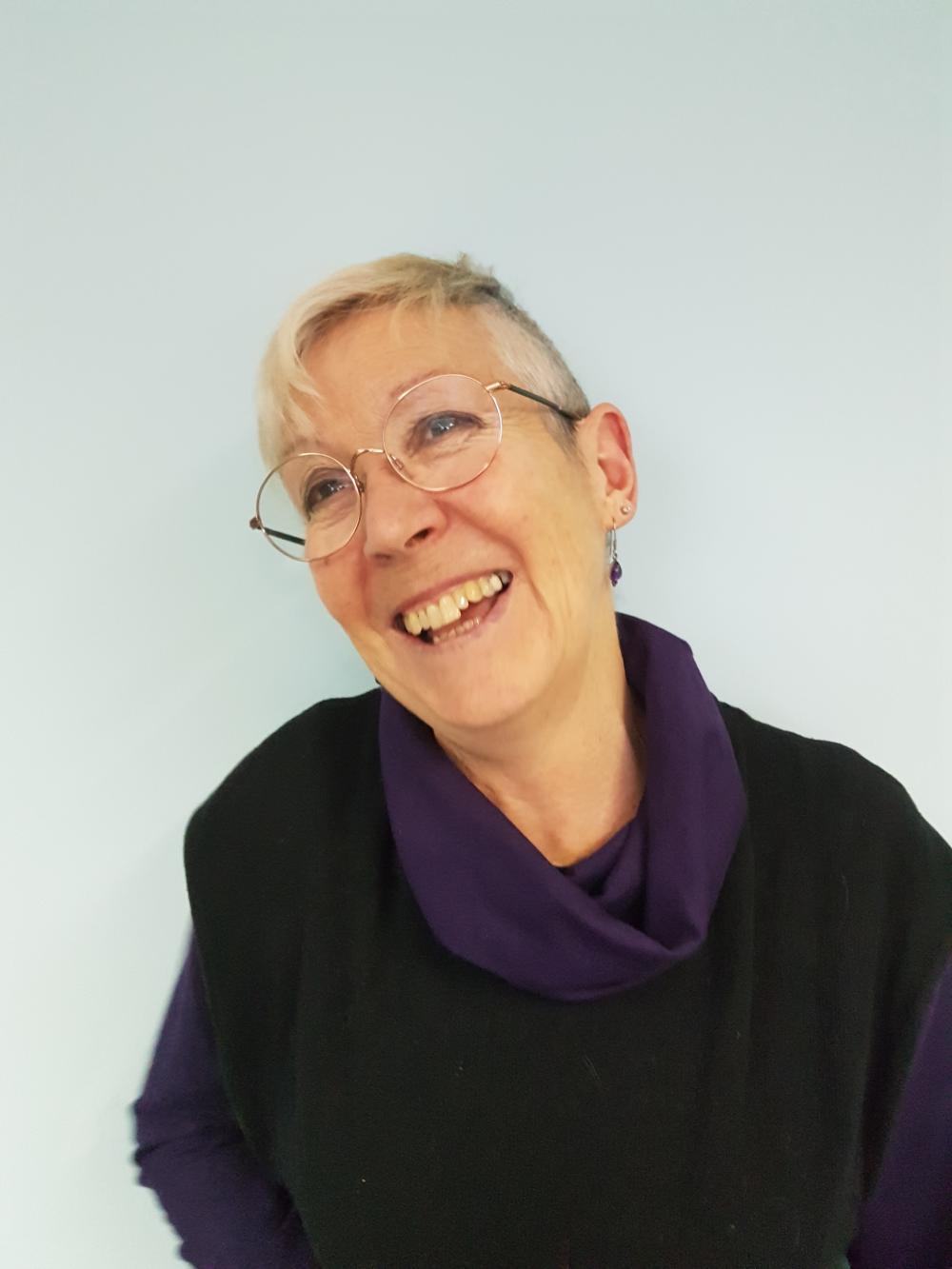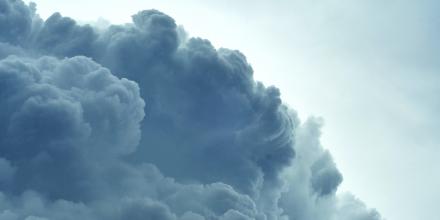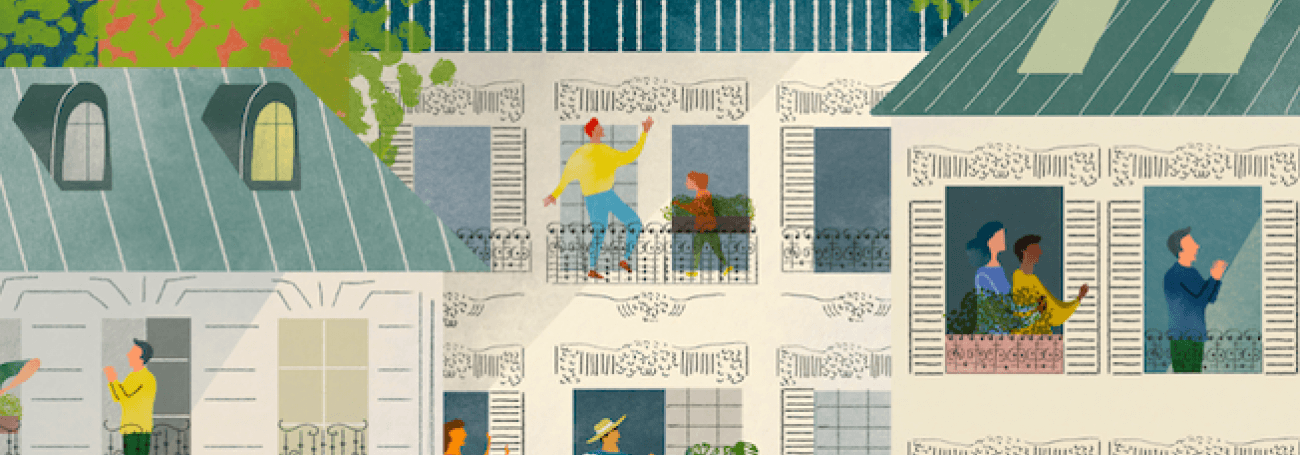
I want to begin this piece by acknowledging the privilege I have to be able to stay at home without needing to worry about food and money. We live frugally and grow much of our own food anyway and, although my own earnings have dried up, there are two of us and two can live as cheaply as one. In addition, we have a light, airy house with lots of space, and a large, beautiful garden. We live in the countryside in England — a country which is permitting daily exercise — and so we can walk, cycle, run and enjoy sports like kayaking and paddleboarding in the nearby river.
Furthermore, in this house live just my husband and I. We are not trying to balance work with child care and home education like so many people. Our daughters are both adults and have their own independent lives. One is a hospital doctor, but fortunately, as she is a paediatrician, she is not facing the frontline of Covid-19 care. The other works in an outdoor centre doing amazing work in nature with troubled young people who do not respond well to the strictures of conventional schooling. She was off work for a while, furloughed like so many others (furloughed staff in the
UK have 80% of their income paid for by the government), but is now back at work, as these very vulnerable children need what the centre can offer for their own mental health and well-being.
I think this personal context and acknowledgement of privilege is very important as millions of people all over the world are living in much, much more challenging circumstance.
I appreciate that so many people are facing financial hardship, lack of food, loss of jobs, fear of what the virus could mean for them, and heightened stress often leading to conflict and violence. And this awareness has been the motivation for some of the projects I have been involved in since our lockdown began.

